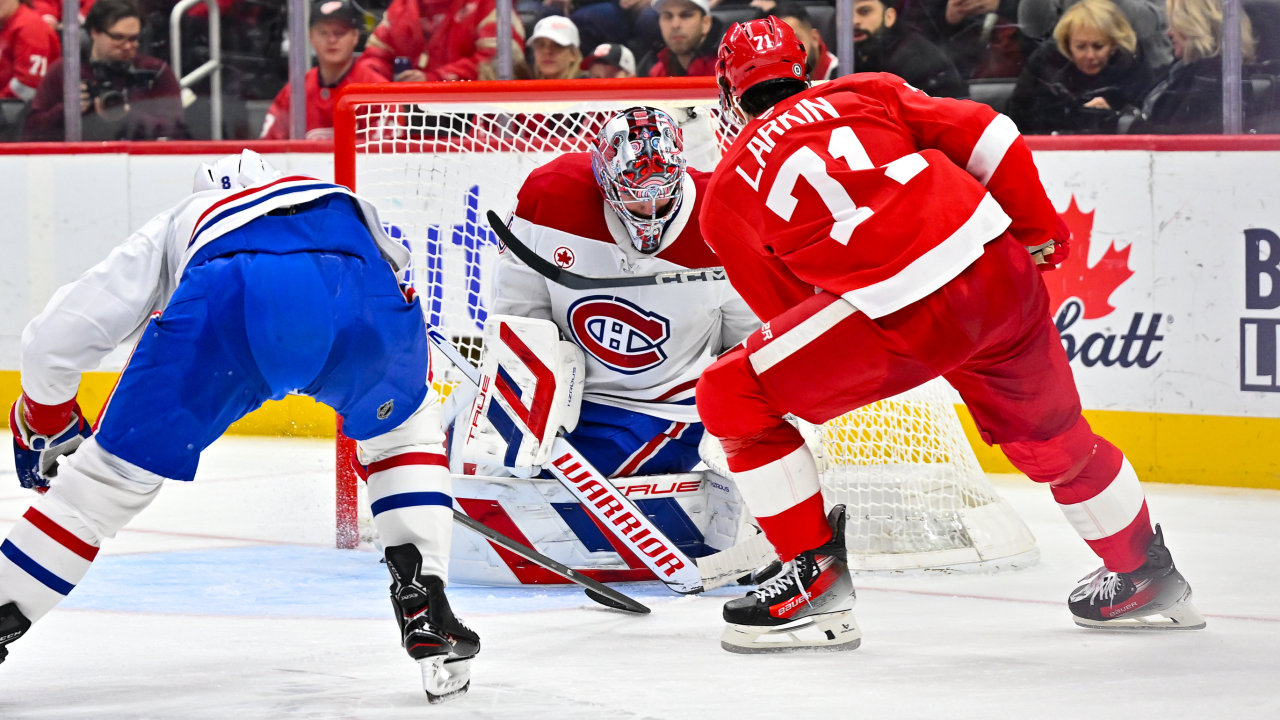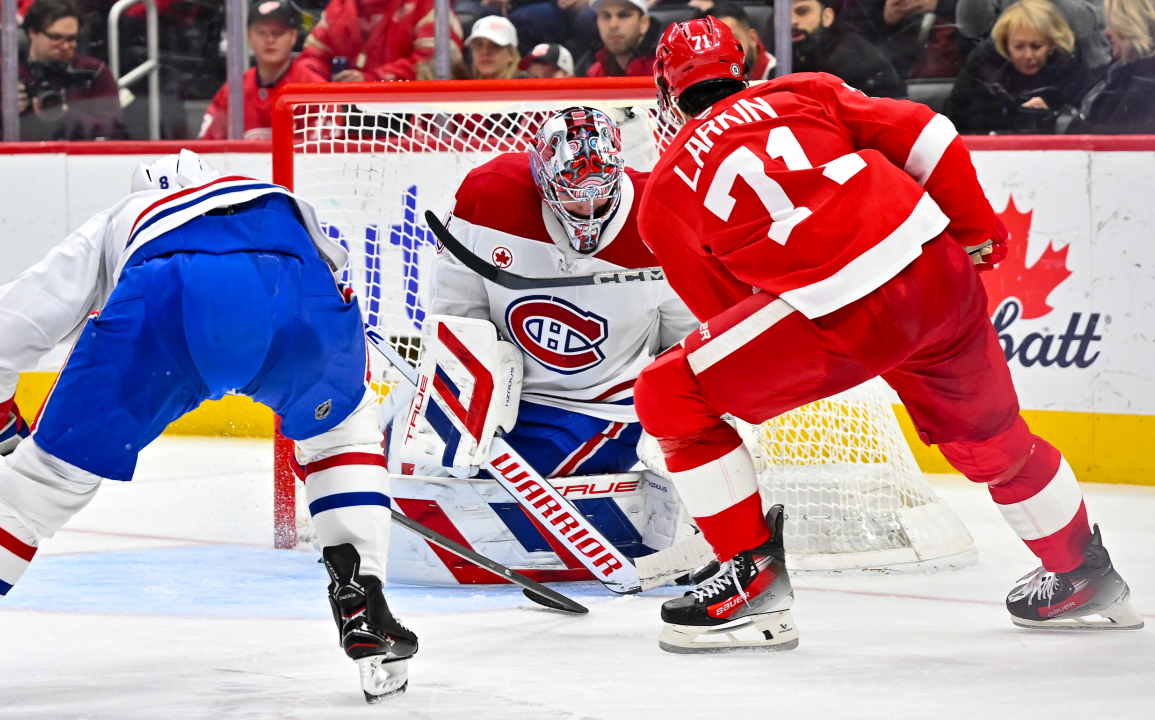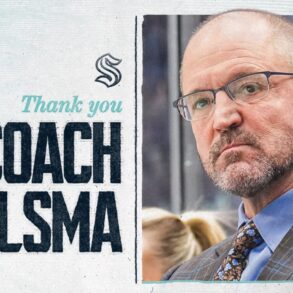
Legendary hockey reporter Stan Fischler writes a weekly scrapbook for NHL.com. Fischler, known as “The Hockey Maven,” shares his humor and insight with readers each Wednesday. This week analyzes the unpredictable wild card derby in the Eastern Conference and compares it with two unexpected Stanley Cup Playoff races down the stretch from bygone seasons.
For many fans, following the wild-card race into the Stanley Cup Playoffs from the Eastern Conference the past few months has been a dizzying experience roughly equivalent to riding on a runaway merry-go-round.
At one point or another, the New York Islanders, New York Rangers, Ottawa Senators, Columbus Blue Jackets, Montreal Canadiens and Detroit Red Wings appeared in — or were very close to — what would be a wild-card berth. For a time, even the since-eliminated Pittsburgh Penguins and Philadelphia Flyers were in the mix. The Rangers rebounded from one of the worst slumps in their history (4-15-0 from Nov. 21 to Dec. 30) and the doughty Blue Jackets remain alive in a last-ditch bid.
Here’s how the race for the East’s second wild card unfolded starting March 9: Columbus had 70 points, one behind Ottawa. New York had 68, followed by Detroit and Montreal with 66 each. A week later (March 15), the Senators (77) held the first wild card, followed by the Rangers (72), Canadiens (71), Blue Jackets (70) and Red Wings (68).
The Senators (90 points) have clinched a playoff berth. The Canadiens (87) are on a six-game winning streak and lead the Rangers, Red Wings, Islanders and Blue Jackets (79 points apiece) for the second wild card with each team in pursuit holding a game in hand. Five of the six teams end their regular season April 17: the Rangers hosting the Tampa Bay Lightning, the Red Wings visiting the Toronto Maple Leafs, the Islanders in Columbus to play the Blue Jackets and the Senators home against the Carolina Hurricanes.
“Sometimes teams that seem like they’re on the outside looking in get hot during the final set of games,” said Turner Sports NHL play-by-play broadcaster Kenny Albert. “Some of them might even stay hot and advance into the playoffs.”
That was the case during the 1937-38 season, when the Chicago Black Hawks got in despite going 14-25 with nine ties. Their chances for winning the Stanley Cup were considered no better than 100-1 for a few reasons.
Their rookie coach, Bill Stewart, was a Major League Baseball umpire by trade and had minimal experience behind a hockey bench. His team was sprinkled with United States-born players, unheard of in the NHL of that era, and Chicago was the only one of the six qualifying teams to have less than a .500 record.
Yet the Black Hawks stunningly reached the Stanley Cup Final and defeated the Maple Leafs 3-1 in the best-of-5 series. When the ecstatic Chicago players sought the Cup, they finally realized what an upset they engineered.
“NHL president Frank Calder had earlier caused the trophy to be shipped to Toronto,” wrote Edward Burns in the Chicago Tribune, “reportedly on the assurance that a hockey team, which harbored eight American-born hockey players as did the Hawks, couldn’t possibly win the Stanley Cup.”
An equally remarkable saga involved the playoff-bound Rangers in 1949-50. Coached by Lynn Patrick, they lost seven of their final eight regular-season games and finished under .500 (28-31 with 11 ties for 67 points). Critics ruled them out as a serious Cup contender.
“We ended our losing streak in our last game on the calendar,” then-Rangers press agent Stan Saplin said. “We beat Toronto 5-3 and then opened the semifinals against the Canadiens.
“Montreal had all the stars, including Maurice Richard and Vezina Trophy-winning goalie Bill Durnan. The Canadiens finished 10 points ahead of us, but Lady Luck was on our side.”
The Rangers defeated the Canadiens in five games, inserting themselves into the Cup Final. They would face the first-place Red Wings (37-19 with 14 ties for 88 points), who finished 21 points ahead of them.
“We were serious underdogs,” Saplin said. “On top of everything, we had no home games because the circus had taken over the Garden. Still, we forced the Wings to a full seven games and double overtime before they beat us.”
Then, a pause: “Were it not for one of our shots hitting the goal post in the first sudden death period — instead of going in — we might have won the Cup.”
Which explains why any one of the current wild card teams eventually could find itself sipping champagne next June.
“That’s why fans are checking the scores and standings every night,” Albert said. “One of those teams that sneak in could wind up playing for another two months.”
This post was originally published on this site be sure to check out more of their content.








